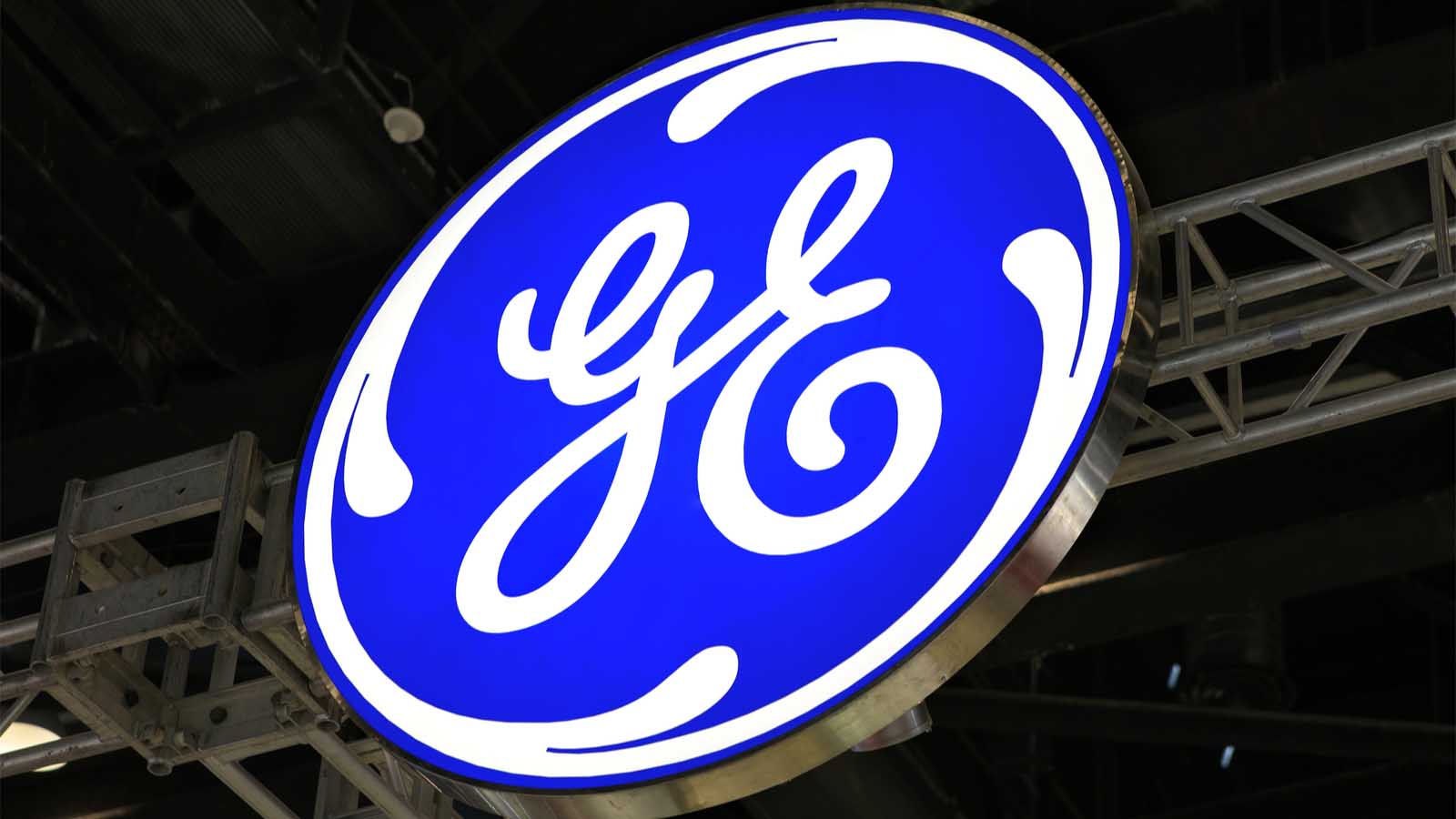If you dare to glance at a multi-year chart of General Electric (NYSE:GE) stock, you’ll see an appalling series of what market technicians call “lower highs and lower lows” in the price action. Focus your microscope in on just this year, however, and you’ll see a much more encouraging price trajectory.
Up more than 50% year to date (YTD), GE stock has given CEO Larry Culp credibility and shareholders hope. Indeed, one prominent analyst raised his price target for 2020 — raising hopes of a new era for an embattled company.
An “Inflection Point” for General Electric Stock?
Inquiring minds are pondering whether this is truly the start of a turnaround for General Electric, as well as the GE stock price. Even after a banner year, there’s little consensus. However, UBS analyst Markus Mittermaier’s mind is made up, and he’s firmly settled in the bull camp.
Mittermaier’s upgrade and price-objective boost were enough to lift the GE share price 4% on the morning of Dec. 12, and his commentary signaled a potential shift from cash burner to barn burner:
“We believe the stock is at a positive inflection point into 2020 … We expect the stock narrative to change from significant cash drag to successful transformation.”
I love a good turnaround story, but a look at the numbers is always warranted. Mittermaier upped his firm’s rating on General Electric stock from “hold” to “buy.” Additionally, he raised his price target a full $1.50 to $14 — implying significant upside over the coming year and outstripping most analysts in terms of sheer optimism.
With the assumption that GE will succeed in de-levering itself, the UBS analyst predicted that General Electric will manage to triple its industrial free cash flow to $2.3 billion while seeing 12% earnings growth next year; for 2021, Mittermaier expects 29% earnings growth.
Weighing the Culp Factor
Those figures strike me as a tad ambitious. Nonetheless, I won’t dispute that a new-ish CEO could mean a new start for this old company.
When he took over, Culp inherited quite a mess from outgoing CEO John Flannery. First, federal regulators were intensifying their probe into GE’s accounting practices at that time. A month later, Culp impressed retrenchment advocates — including me — when he sold a sizable portion of General Electric’s stake in Baker Hughes (NYSE:BKR). This move raised a badly needed $4 billion, and investors cheered as the GE stock price rose 8% intraday.
Personally, I like the lean, mean Culp. My cash-burn concerns were further allayed in February when the CEO announced the partial sale of General Electric’s life-sciences unit for a cool $21 billion. I also appreciate Culp’s composure during the Aug. 15 “GE Fraud” non-event, which caused the GE stock price to drop by 11%; as I predicted, the apparent exposé was a non-starter and GE shares have made a full recovery.
The Takeaway on General Electric Stock
I won’t blame you if you’re not as optimistic as Markus Mittermaier. However, I do share his general sentiment that GE stock has most likely reached a long-term bottom. With a cash-conscious CEO at the helm, General Electric is looking slimmer at year’s end — an attractive look for the rejuvenated company.
As of this writing, David Moadel did not hold a position in any of the aforementioned securities.

